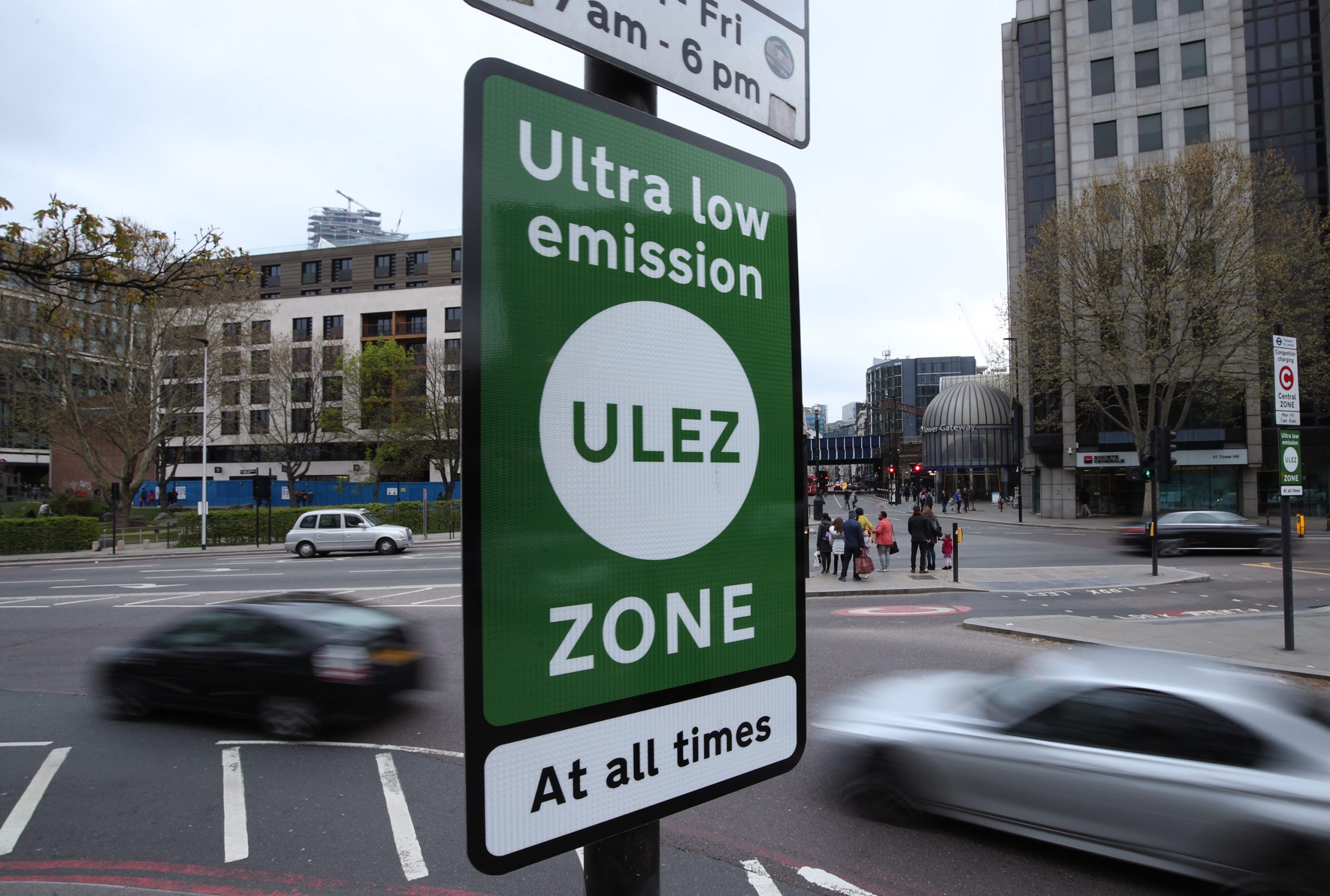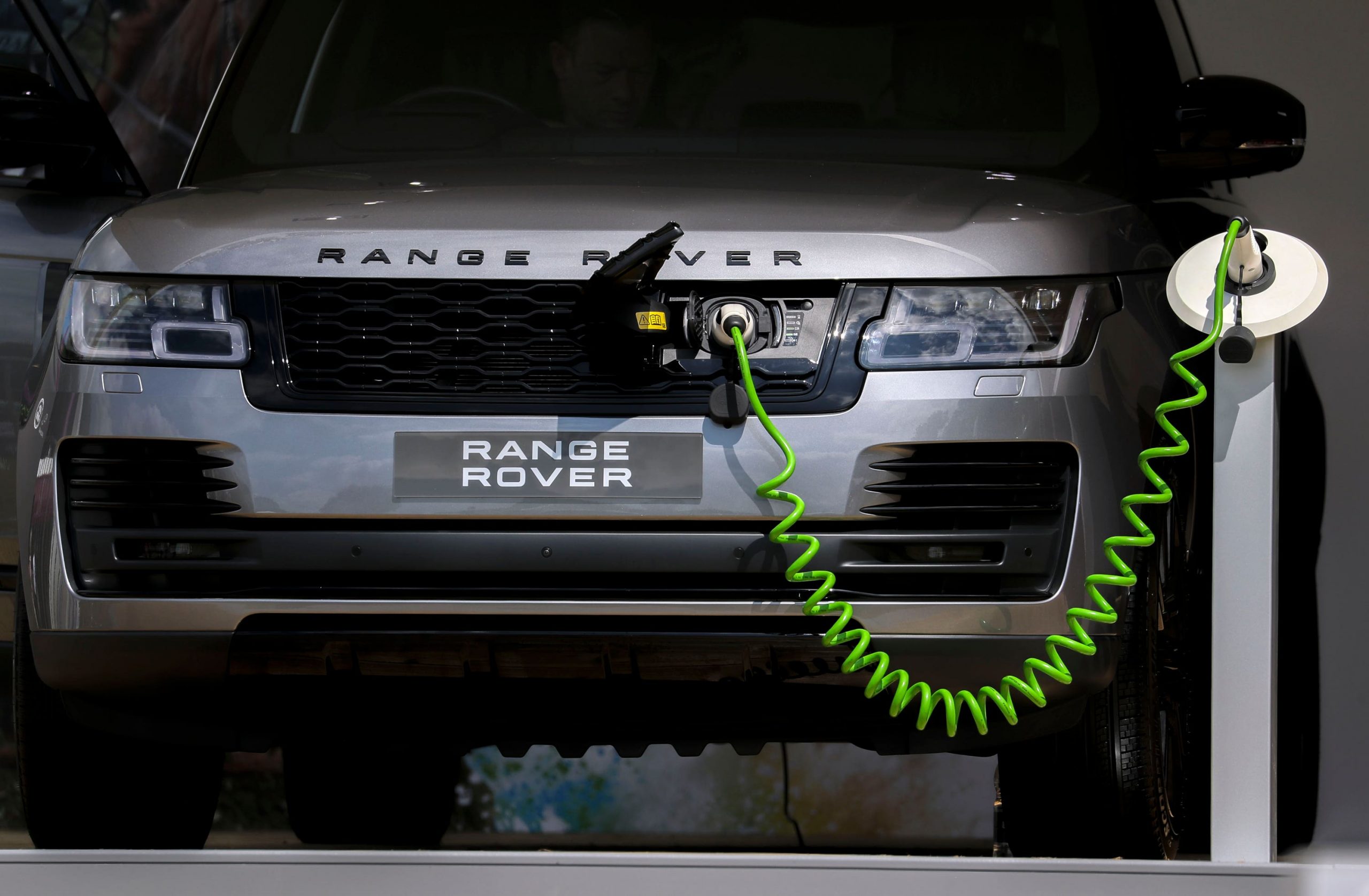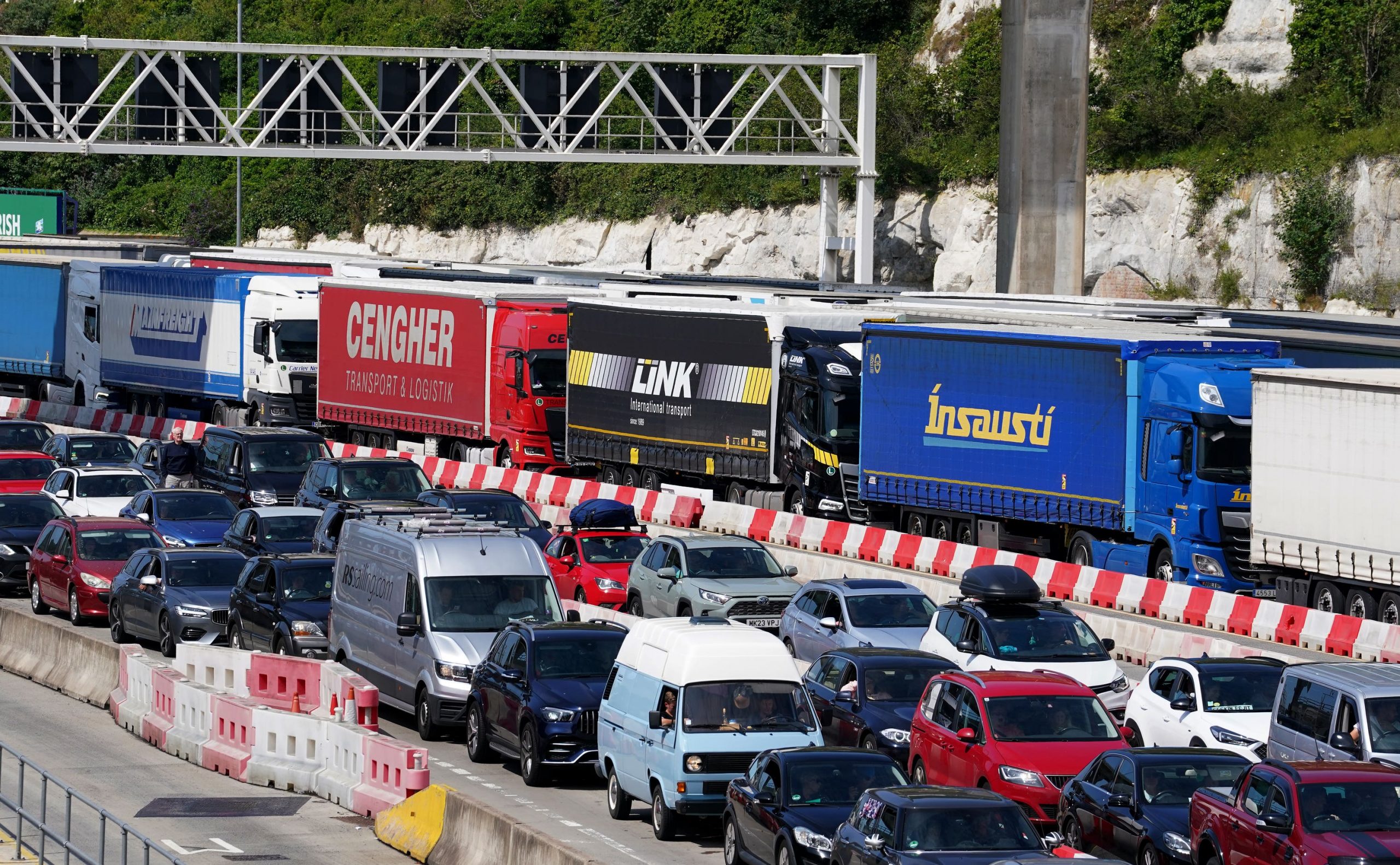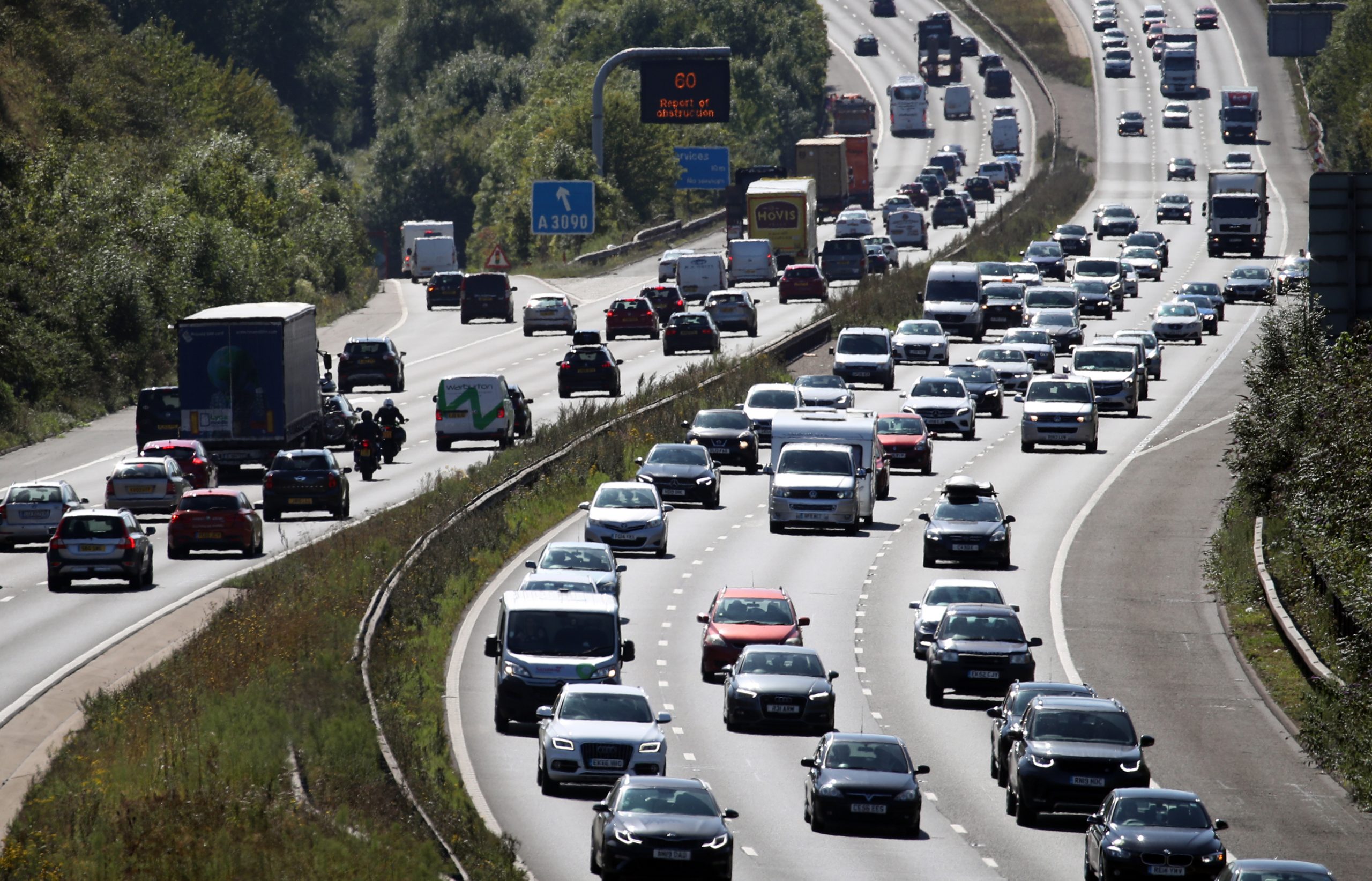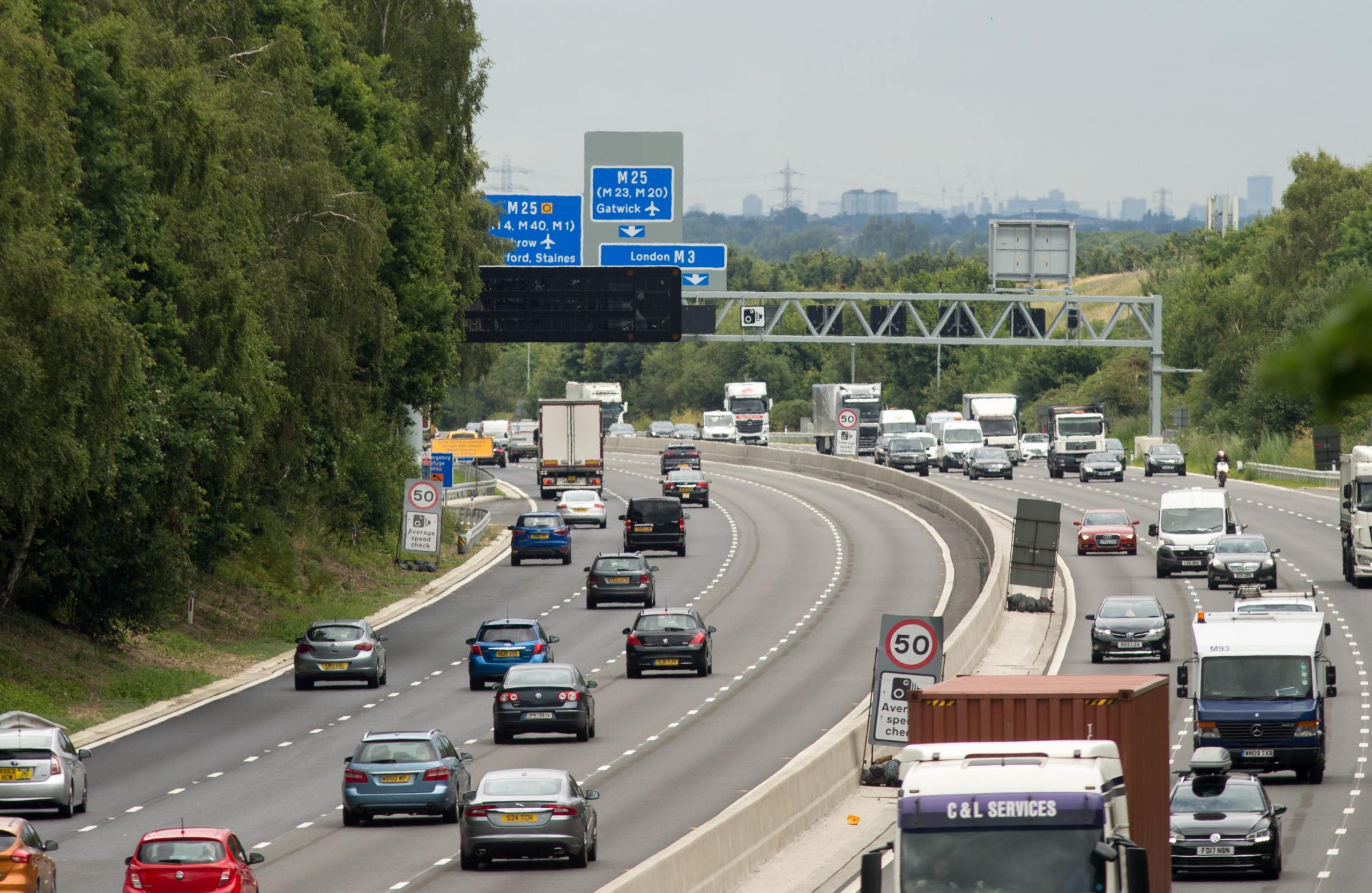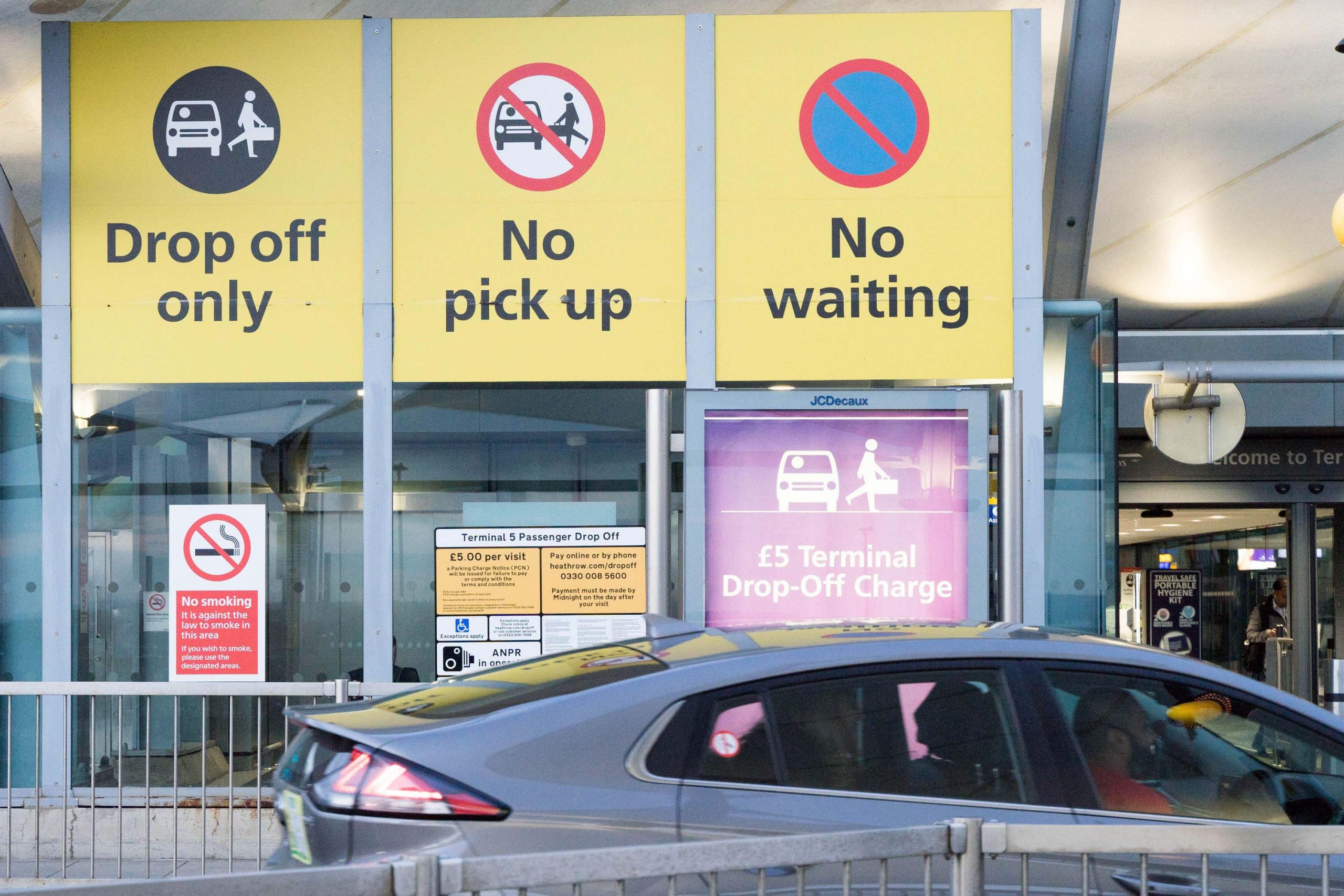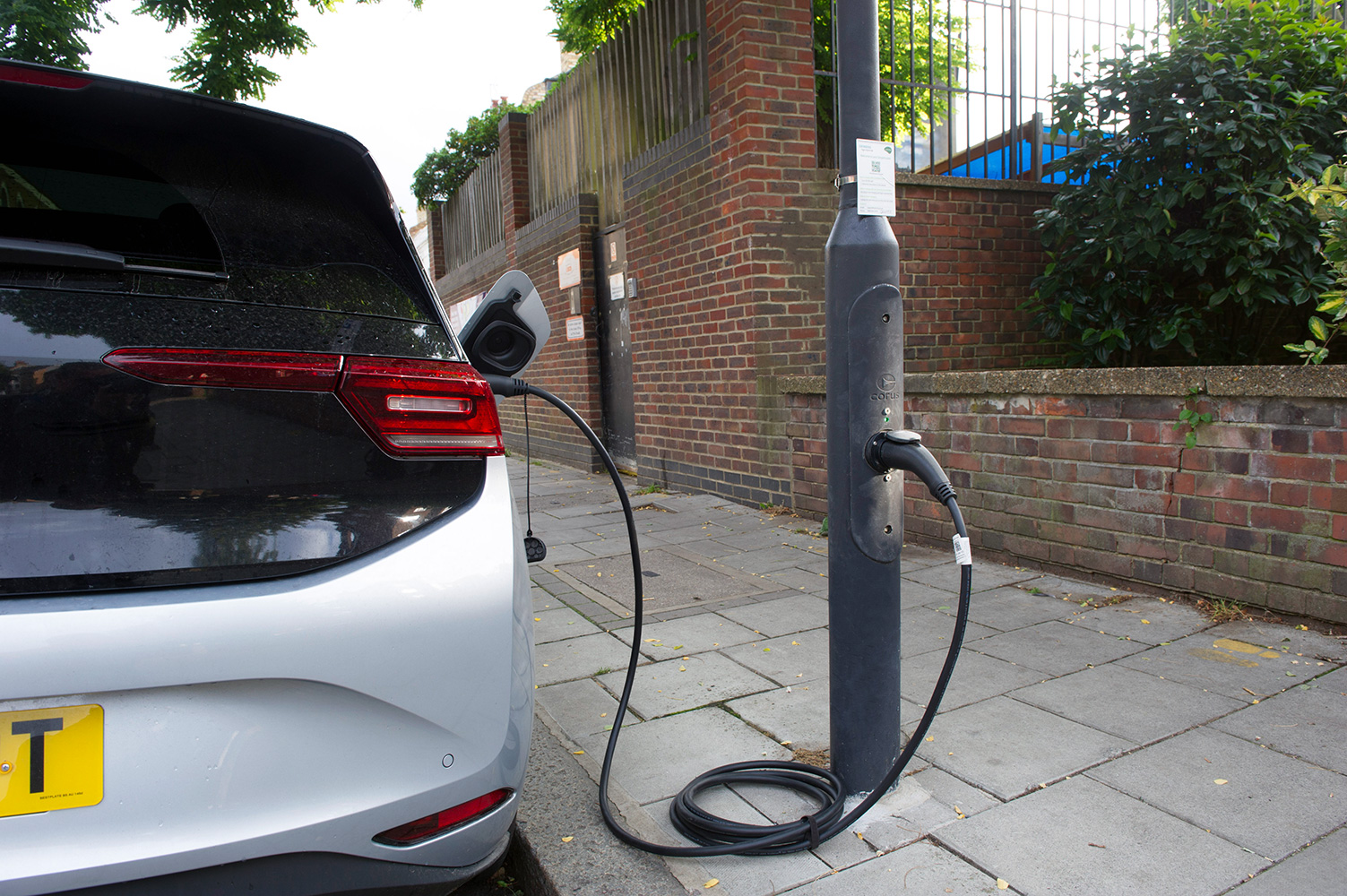Labour has blamed the expansion of the charge on high-pollution vehicles being expanded by its London mayor Sadiq Khan for the failure to snatch Boris Johnson’s former seat in the by-election.
Senior party figures cited the widening of the Ultra Low Emission Zone (Ulez) scheme to the capital’s suburbs as responsible for Labour narrowly missing out on winning Uxbridge and South Ruislip.
The former prime minister held the west London seat with a majority of 7,210 in 2019 but the Tories retained it by just 495 votes over Labour in Thursday’s vote triggered by Mr Johnson’s resignation.
New Conservative MP Steve Tuckwell’s victory was the one piece of good news for Rishi Sunak after his party lost the former safe seats of Selby and Ainsty, and Somerton and Frome.
Labour frontbencher Steve Reed pinpointed the Sadiq Khan-backed scheme as a significant factor behind their failure to win in Uxbridge, which Mr Tuckwell suggested had essentially been a referendum on Ulez.
Speaking after the results were announced from the count at Queensmead Sports Centre, the shadow justice secretary told the PA news agency: “I think the winning Conservative candidate just said it, didn’t he? He said that if it wasn’t for Ulez, he believes Labour would have won this by-election.
“Clearly, it did resonate with a lot of people. They didn’t like the fact that Ulez was going to cost people more to drive around at a time when there’s a cost-of-living crisis going on. That’s exactly what Danny Beales was saying all the way through the campaign.
“But I think when the voters speak, any party that seeks to govern has to listen. So that’s what Labour will be doing after this.”
Deputy Labour leader Angela Rayner also blamed Ulez for the failure to snatch the seat.
She told BBC Breakfast: “I think one of the things we have to reflect on today is not only the mood against the Tories, but also the decision in Uxbridge was related to Ulez.
“The Uxbridge result shows that when you don’t listen to the voters, you don’t win elections.”
However, the London mayor was standing by the scheme.
A source close to Mr Khan said: “Winning Uxbridge and South Ruislip was always going to be a struggle for Labour.
“Sadiq has always been clear that expanding the Ulez was a really difficult decision, but necessary to save the lives of young and vulnerable Londoners.”
The Conservatives were looking to Uxbridge as the one piece of good news on an otherwise terrible night and will hope the focus on local issues can help them at the general election.
Polling expert Professor Sir John Curtice was clear the Tories are in “deep electoral trouble” following their by-election defeats.
But he told BBC Radio 4’s Today programme that Labour must ask why its hold on the electorate is “apparently so weak” that when a local issue like the Ulez scheme in Uxbridge comes up they “don’t perform as they should”.
Mr Tuckwell told reporters after his victory: “My campaign has been incredibly single-minded and it’s really been in complete opposition to Ulez from the outset.
“That’s not me saying that, it’s not me that called the referendum on Ulez. It is the people of Uxbridge and South Ruislip.”
After saying “Sadiq Khan needs to listen”, he added: “Well, I think there will be Labour MPs in outer London boroughs who will be looking at this result tonight with sweaty palms.”
The Labour candidate, Danny Beales, had expressed his reservations about the policy, stating that the timing was not appropriate for expanding the £12.50 daily charge on cars that do not meet emissions standards.
The failure to overturn the Tory majority in the seat was dubbed “Uloss” by a party insider in a sign of the unease at Mr Khan’s plan.
Mr Tuckwell received 13,965 votes to Mr Beales’s 13,470 to claim the constituency for the Tories.
Mr Reed added: “There are going to be many lessons and I think the right thing to do would be to reflect on what’s happened this evening and have a think about what that might be and that we need to change and then come back and make sure that we are representing the aspirations and ambitions of the public.”
Asked what his party could have done differently, he said: “I think those responsible for that policy will need to reflect on what the voters have said and whether there’s an opportunity to change.”
A Labour spokesperson said: “This was always going to be a difficult battle in a seat that has never had a Labour MP and we didn’t even win in 1997.
“We know that the Conservatives crashing the economy has hit working people hard, so it’s unsurprising that the Ulez expansion was a concern for voters here in a by-election.”
Mr Johnson, who resigned in anticipation of the damning finding that he lied to Parliament with his partygate denials, said the result in Uxbridge was “fantastic news”.
“Well done Steve Tuckwell and the amazing Conservative council and association members,” he said.
“This shows the Conservatives can win in London and around the country.”

